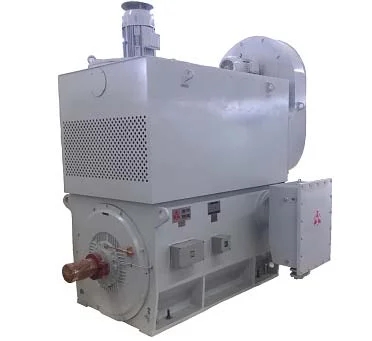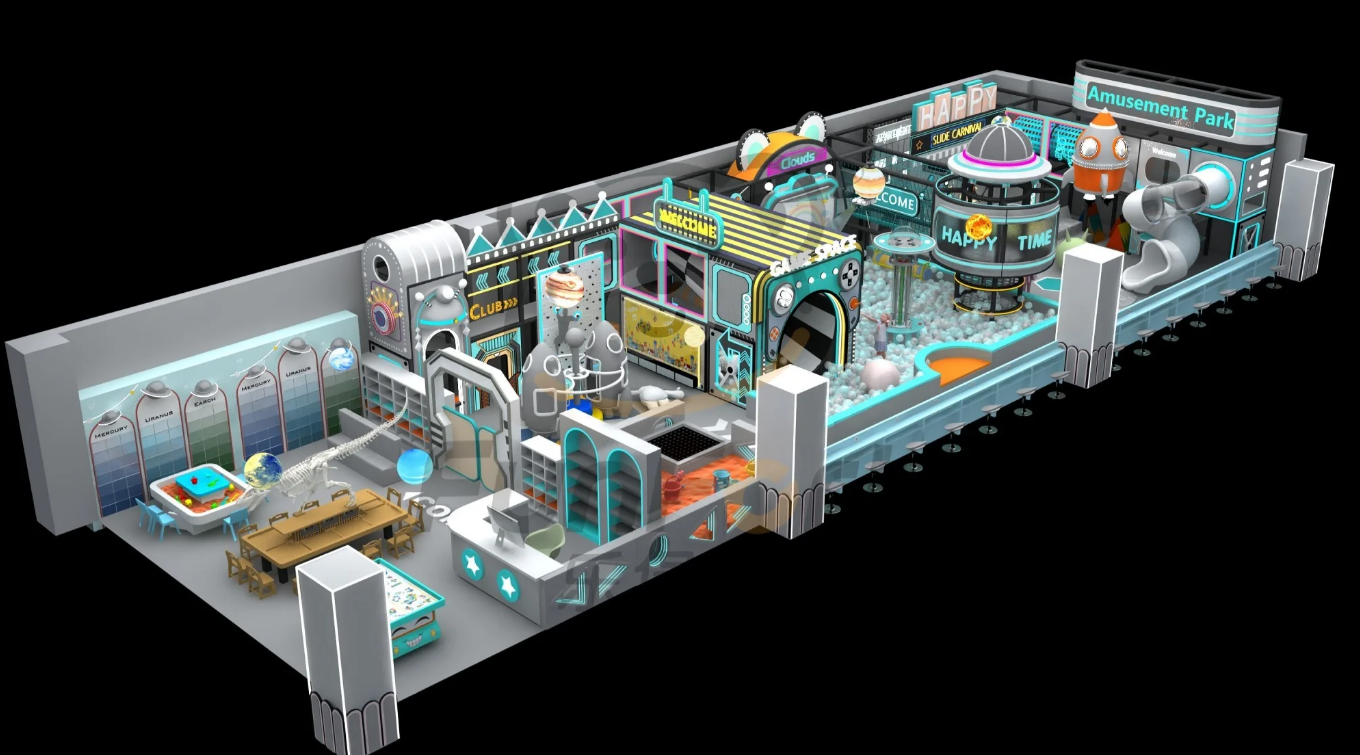In the realm of automotive engineering, the terms fuel injector and fuel injection pump are often used interchangeably by enthusiasts and laypersons alike. However, these two components serve distinct roles in the fuel delivery system of an internal combustion engine. Understanding the differences between a fuel injector and a fuel injection pump is crucial for anyone interested in automotive technology, whether you're a mechanic, a car enthusiast, or simply a curious driver. This article delves into the intricacies of these components, their functions, and how they contribute to engine performance.
The Role of Fuel Delivery in Engine Functionality
Before we dissect the differences between fuel injectors and fuel injection pumps, it’s essential to grasp the overall fuel delivery system's purpose. The primary function of this system is to ensure that the engine receives the right amount of fuel at the right time, optimizing combustion efficiency and performance. This is where both fuel injectors and fuel injection pumps come into play, albeit in different capacities.
What is a Fuel Injector?
A fuel injector is an electromechanical device that atomizes and delivers fuel directly into the combustion chamber or intake manifold of an engine. Its primary function is to ensure precise fuel metering and distribution, which is critical for achieving optimal air-fuel ratios.
Key Features of Fuel Injectors:
- Atomization: Fuel injectors break down the fuel into fine droplets, allowing for better mixing with air, which enhances combustion efficiency.
- Control Mechanism: Modern fuel injectors are typically controlled by the engine control unit (ECU), which adjusts the timing and duration of the fuel spray based on various parameters such as engine load, temperature, and speed.
- Types of Fuel Injectors: There are several types of fuel injectors, including port fuel injectors and direct fuel injectors. Port fuel injectors spray fuel into the intake manifold, while direct injectors deliver fuel directly into the combustion chamber.
What is a Fuel Injection Pump?
In contrast, a fuel injection pump is responsible for delivering fuel from the fuel tank to the injectors at the correct pressure and flow rate. It plays a crucial role in maintaining the fuel system's overall efficiency and performance.
Key Features of Fuel Injection Pumps:
- Pressure Regulation: The fuel injection pump generates the necessary pressure to ensure that fuel reaches the injectors effectively. This pressure is vital for the injector's performance, as insufficient pressure can lead to poor atomization and incomplete combustion.
- Types of Fuel Injection Pumps: There are several types of fuel injection pumps, including mechanical pumps, electronic pumps, and common rail systems. Each type has its own advantages and is suited for different engine configurations.
- Fuel Delivery: The pump not only delivers fuel but also regulates the flow to match the engine's demands, ensuring that the right amount of fuel is available for combustion at all times.
Key Differences Between Fuel Injectors and Fuel Injection Pumps
While both components are integral to the fuel delivery system, their functions and characteristics differ significantly:
- Functionality: The fuel injector is responsible for atomizing and injecting fuel into the combustion chamber, while the fuel injection pump is tasked with delivering fuel from the tank to the injectors at the appropriate pressure.
- Location: Fuel injectors are located at the engine's intake manifold or directly in the combustion chamber, whereas fuel injection pumps are typically found in the fuel tank or mounted on the engine.
- Control Mechanism: Fuel injectors are electronically controlled by the ECU, allowing for precise adjustments based on real-time engine conditions. In contrast, fuel injection pumps may be mechanically operated or electronically controlled, depending on the system design.
- Impact on Performance: While both components influence engine performance, fuel injectors primarily affect combustion efficiency and emissions, whereas fuel injection pumps are crucial for maintaining the overall fuel system pressure and flow.
Conclusion
In summary, understanding the difference between a fuel injector and a fuel injection pump is essential for anyone involved in automotive maintenance or performance tuning. While both components work in tandem to ensure optimal engine performance, their distinct roles highlight the complexity of modern fuel delivery systems. By appreciating these differences, automotive enthusiasts and professionals can make informed decisions regarding maintenance, upgrades, and troubleshooting, ultimately leading to better vehicle performance and longevity.





